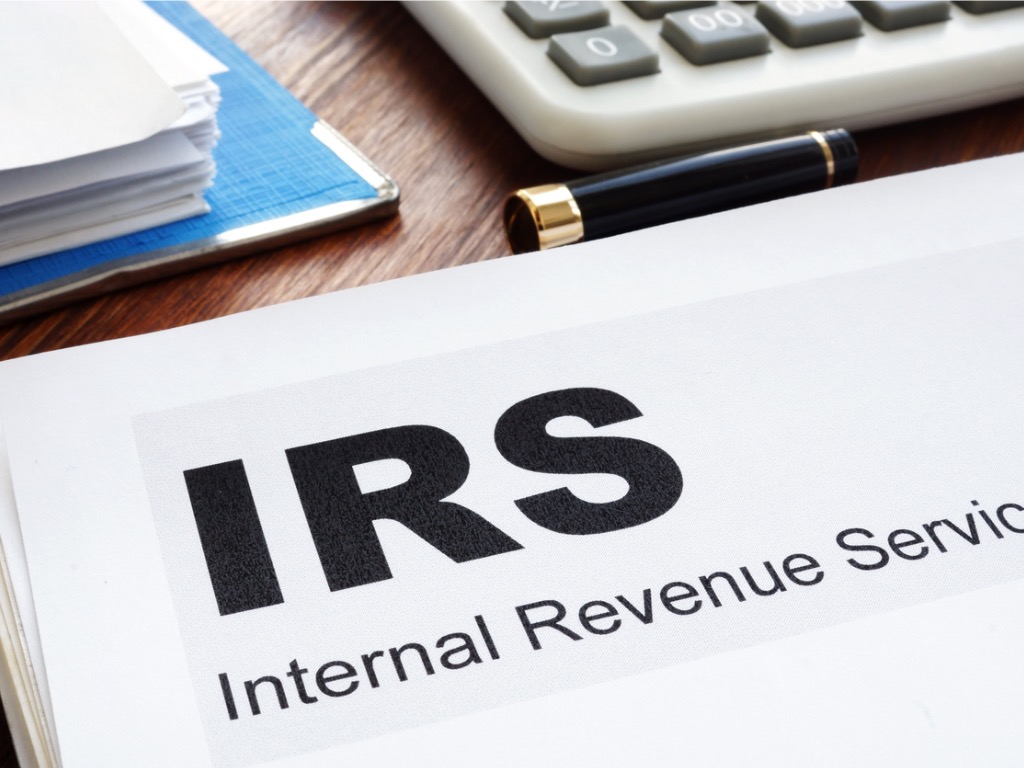Navigating Legal Uncertainty Around Tax-Exempt Status in a Politicized Climate

Navigating Legal Uncertainty Around Tax-Exempt Status in a Politicized Climate
According to an article by Associations Now, recent statements by President Trump and his administration have raised alarms among nonprofit leaders, particularly those leading 501(c)(3) organizations. In mid-April, President Trump suggested that certain nonprofits—especially those advancing immigrant rights, environmental advocacy, or ethics in government—could face revocation of their tax-exempt status.
Notably, he singled out a nonpartisan ethics group that has been critical of his administration. Around the same time, reports surfaced that the Treasury Department asked the IRS to consider revoking Harvard University’s tax-exempt status following its resistance to federal oversight of academic governance. These moves have stoked fears that federal power might be used to pressure nonprofits based on their missions or viewpoints.
However, the article says the legal framework sets clear limits. By law, the president and executive branch officials are prohibited from directing IRS investigations. While private actors like the American Alliance for Equal Rights (AAER) may file complaints with the IRS, as AAER did recently against several philanthropic foundations for alleged racial exclusion, the IRS must follow established procedures. This includes a commitment to due process and the opportunity for organizations to challenge any potential revocation in court.
The precedent in Bob Jones University v. United States allows the IRS to revoke tax-exempt status only when an organization’s conduct clearly violates fundamental public policy. Even then, the Supreme Court advised that such decisions require unequivocal evidence. Despite this high bar, the Trump Administration’s broader stance against DEI programs signals a potential for continued legal and political pressure.
The article reminds association executives, particularly those leading value-driven or DEI-focused initiatives, that they should not panic but remain vigilant. Consulting legal counsel, reviewing risk mitigation strategies, and ensuring compliance with public policy standards can help safeguard against politically motivated scrutiny in a shifting legal landscape.
Read full article at:
Share this post:
Get the free newsletter
Subscribe for timely and substantive news curated for managers and senior staff at associations.






